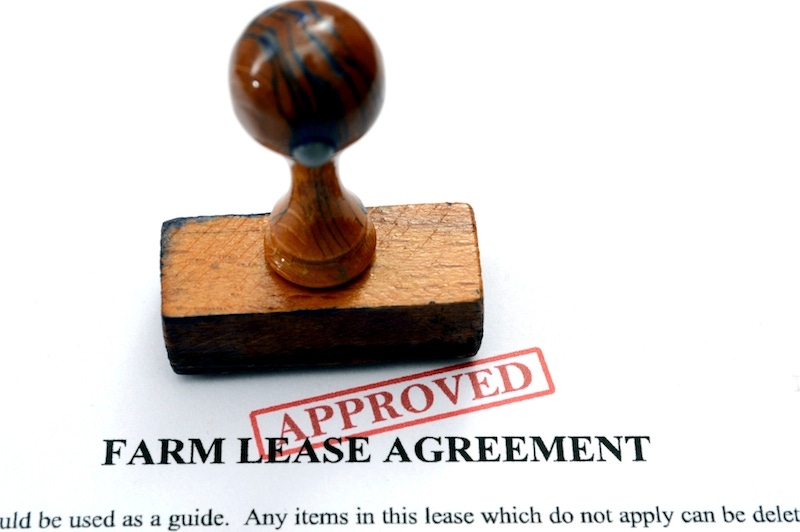November 7, 2014

Flexible cash leases may offer limited financial protection to farmers should growing conditions or market prices deteriorate, or production costs escalate.
"Unlike a fixed cash lease contract, where the per acre rent amount is agreed upon well before field work begins, the rent amount with a flexible lease adjusts depending on final yield, commodity prices, cost of production, or some combination of all three," explained Kim Dillivan, SDSU Extension Crops Business Management Field Specialist.
Dillivan said the general advantage of a flex lease is the avoidance of committing to a fixed rent amount at a time when many production and market variables remain unknown. "Depending on circumstances, flex leases offer advantages over fixed cash lease contracts and crop-share leases," he said.
Some of these advantages include:
For the landowner, an opportunity to benefit financially from higher yields and favorable commodity prices.
For the operator, some level of risk protection should costs rise or revenue disappoint.
Disadvantages of flex lease contracts include:
For the landowner, a flex lease can increase their exposure to risk (compared to a fixed cash lease agreement).
For the operator, higher revenue from increased yields and/or prices is shared with owner.
For both parties, flex leasing greatly increases the contract's complexity.
Read more about flexible cash leases from SDSU.
 You might also like:
You might also like:
You May Also Like




